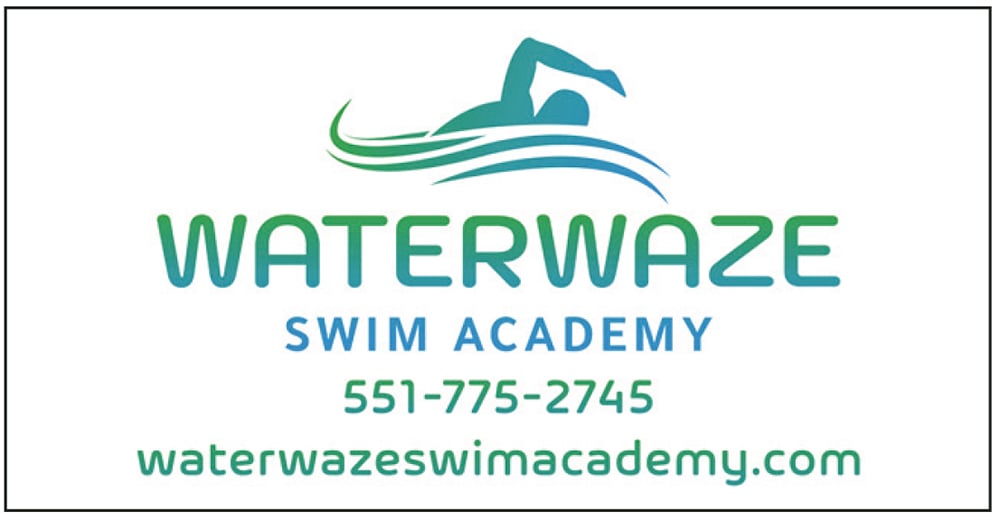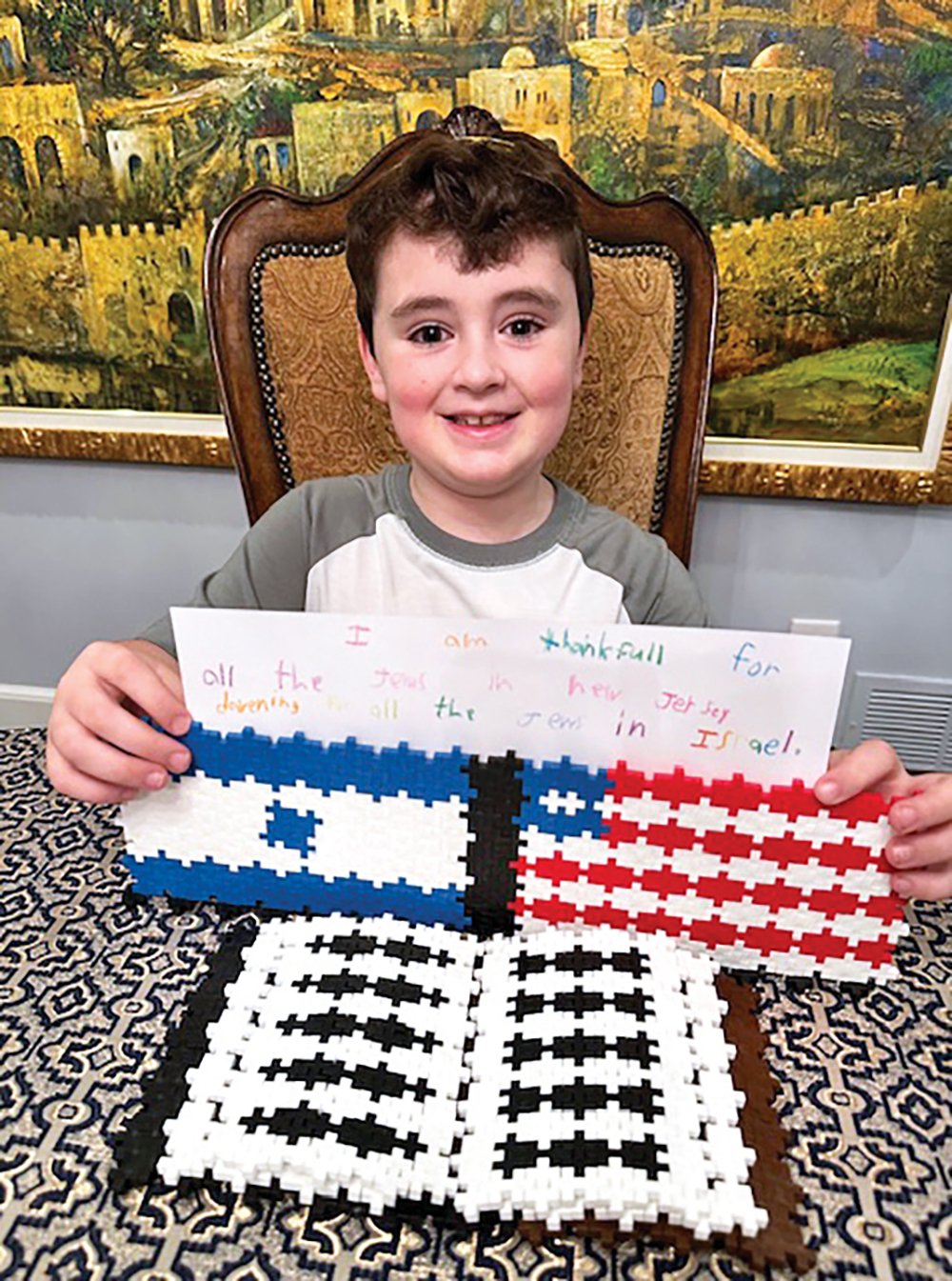
(Courtesy of Waterwaze Swim Academy) One of the benefits of living in Rockland County is how accessible pools are. Many of us have friends or neighbors who are willing to share. Maybe you’re not lucky enough to know the right people,” but still get invited to pool parties or go to the bungalow colony for the weekend. Practically every camp offers swimming on a daily basis, and many have seasonal trips to waterparks. Swimming is a great activity that provides fun for the whole family. It offers numerous benefits, including sensory input, muscle tone and strengthening, and helps with focus. The problem is that drowning is the sixth leading cause of death worldwide for children aged 5-14 years. Statistically speaking, if you both own a gun and have a swimming pool in the backyard, the swimming pool is about 100 times more likely to kill a child than the gun is. Every year in the United States, there are over 4,000 fatal unintentional drownings. Having been in the industry for over 15 years, Waterwaze Swim Academy has made it our goal to train parents, therapists and educators in what to look for when hiring a swim instructor. Over the next few weeks, this column will address the 10 most commonly asked questions about swimming lessons.
Should I do anything differently If my child has sensory issues?
There is a tremendous increase in awareness when it comes to children and sensory integration. However, there is not enough education about how it may affect their pool time.
There are two ways kids with sensory processing issues respond to sensory input. When kids underreact to sensory input, they may seek out more input. They are often called sensory seekers. When kids overreact to input, they become overwhelmed and may avoid the input. Many children have never been diagnosed and may not display any significant symptoms on land, but as soon as they enter the water, it becomes obvious immediately. If an instructor isn’t equipped with the tools to address sensory issues, it can impede the student’s progress. In addition, they frequently mistake it for a behavioral issue which can lead to a power struggle.
A good swim instructor knows how to help their students focus. We understand that our students are sometimes coming from a long day of sitting at a desk and need to be given input to help them concentrate.
To understand what your child might be experiencing, let’s describe what our sensory kids are feeling when they are in the pool. Sensory seekers love the water. Their body is getting what it craves—constant sensory stimulation. They like to splash, hit the water and jump in. They love being under the water—the pressure feels like a strong hug and releases serotonin (a feel-good hormone). It can be hard to get them to follow directions because they are so distracted by the input they’re getting. Swimmers who are sensory avoidant do not like the water at all. They especially dislike water on their face and have a hard time wearing goggles. I’ve had older students describe the sensations as needles pricking them. Others say that it’s just extremely unpleasant. If this describes your child, the worst thing you can do is enable this behavior. We’ve had 6 and 7 year old students who never had water on their face while bathing because their parents didn’t want them to be uncomfortable. They’ll allow them to wash their face with a washcloth and always have a towel nearby in case water gets in their eyes. Not only does it make our job more difficult (the older the student is, the more of a fuss they put up) but you’re doing your child a massive disservice. In order to function in the world, everyone should be OK getting water on their face. Are you OK with your child having a meltdown every time they get splashed? Or go into the sprinkler? Or take a shower? Or having a water balloon fight? Prevent this by making sure the child is getting constant exposure to water on their face. Do at least three heavy pours per bath. Teach them to use their hands to get water out of their eyes. Do not allow them to dry their face with a towel while they are bathing (unless it’s to get soap out). One trick that works wonders is using your hand to do a “hard wipe” on your child’s face immediately after it gets wet. You can also train your child to do this to themselves. While doing this you can sing “we’re gonna wipe that icky feeling away.” They will get better with time (usually two to three weeks) if it’s done properly.
All Waterwaze instructors are trained in the Swim Angelfish method. This program was specially designed to cater to children with severe to mild sensory issues, problems with motor skills, difficulty processing information, attention issues or any other condition that might physically or psychologically hinder the process of learning to swim. Swim Angelfish offers free webinars for parents and their website is a great resource with lots of helpful information. Regardless if your child is a sensory seeker or sensory avoidant, swimming lessons are an excellent form of therapy for them. Although we implement aquatherapy techniques in all our lessons, we differ from aquatic therapists in that our primary goal is teaching the student to swim versus addressing any OT or PT concerns. A qualified instructor knows how to balance sensory needs with swimming skills, creating the perfect environment for the child to perform at their best.
Next week we’ll talk about why your kids need swimming lessons if you don’t have a pool and never go swimming.
Stay wet and stay safe!
Swimcerely yours,
Zahava
Zahava Shapiro is the owner of Waterwaze Swim Academy, which has locations in Monsey, Lakewood, and Israel. At Waterwaze, we teach swimming to all ages, from 4 months to 99 years old using a gentle approach that prioritizes comfort over skill. Instructors are trained in Total Immersion, Infant Swim, and Swim Angelfish methods. Waterwaze swim instructors specialize in people who have been traumatized or affected by a negative experience with water. We believe every person is capable of learning how to swim. You can reach Waterwaze at 551-775-2745 or
www.waterwazeswimacademy.com











